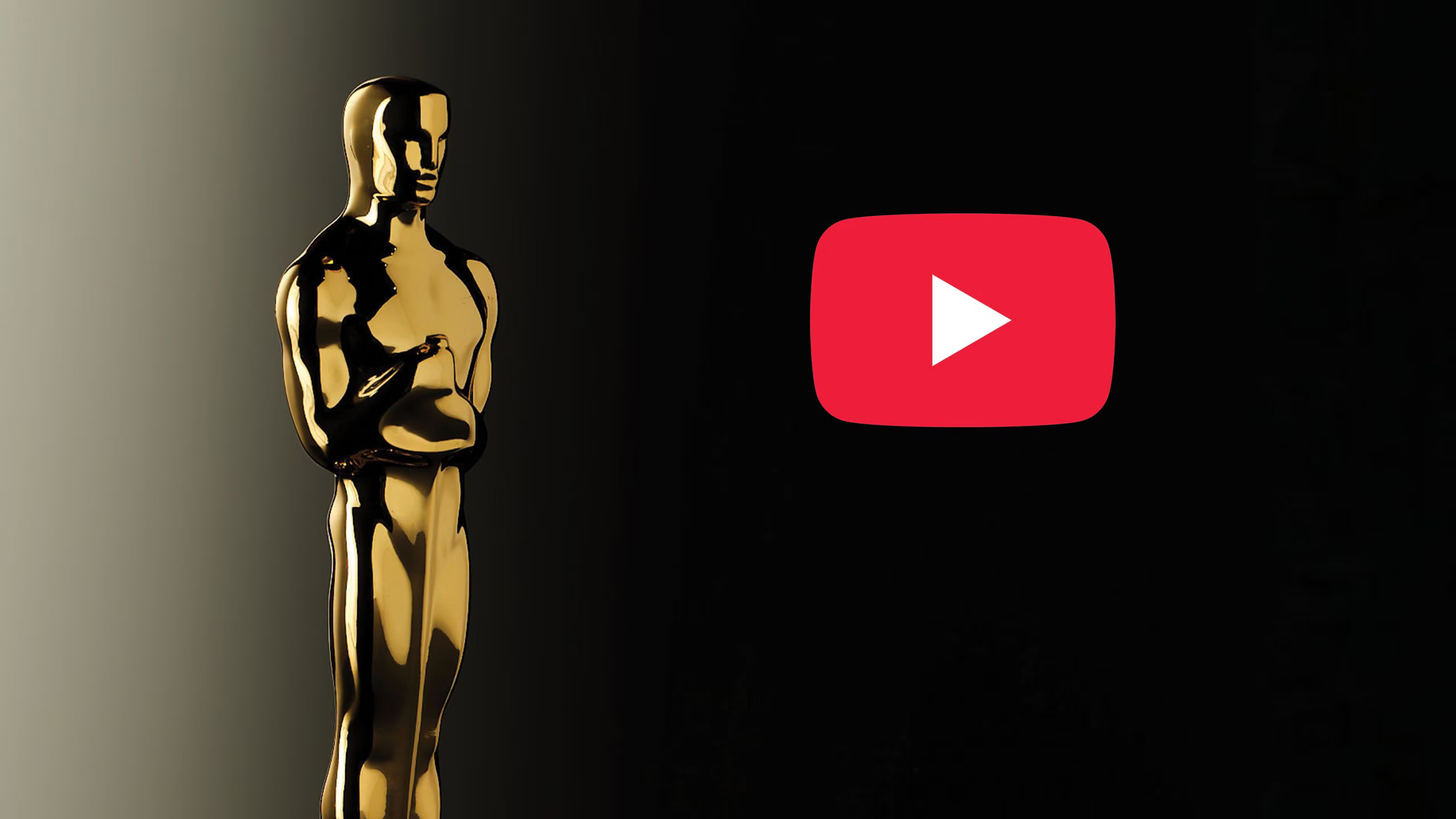A Gutsy Kennard Faces Down Broadcasters
Bill Kennard is not what you’d call a great orator. He lacks the inspiring delivery and populist charisma that are hallmarks of a winning political figure. Yet, the youthful communications lawyer just rose to make one of the most powerful speeches to come from an FCC chairman in the history of broadcast television.
Kennard’s "spectrum squatters" address on Oct. 10 at the Museum of Television and Radio in New York City is already being compared to the infamous "vast wasteland" speech by his predecessor, Newton Minow, during the Kennedy administration in 1961.
Because of its critical timing, Kennard’s challenge could signal an important turning point in the stalled transition to terrestrial digital broadcasting. At the very least, it’s virtually guaranteed to start a fierce new political debate over the corporate use of the public’s airwaves.
FRUSTRATED, ANGRY, OUTRAGED
Frustrated, angry and clearly outraged by an increasingly arrogant broadcast industry, Kennard let go with both barrels. Forget must-carry. Forget changing technology standards. Either make digital television work now or forfeit the valuable public spectrum you’ve been given in exchange for serving the public interest, Kennard bluntly told the broadcast licensees.
Kennard’s words left the NAB lobbyists apoplectic. "It will be the death of digital television and it will be laid at the doorstep of Bill Kennard," said NAB spokesman Dennis Wharton in response to the chairman’s lack of enthusiasm for digital must-carry. "The FCC has decided to fiddle while DTV burns."
Attending a private breakfast with Kennard and industry leaders at the museum prior to his public speech was Mel Karmazin, president/COO of Viacom, owner of the CBS television network. When we asked his reaction to Kennard’s proposal, an annoyed Karmazin blurted "it’s private" before hurriedly exiting the building.
However, Newton Minow, a former board member of CBS, cheered on his young successor. "Kennard is right," Minow said in a television interview on CNNfn. "People are disgusted with this attitude that (the broadcasters) don’t have a public obligation."
Minow challenged an interviewer who suggested that terrestrial broadcasting is a competitive business. "These networks are not a business," said an annoyed Minow. "They are a public trust. Is there any business that gets to use $70 billion dollars worth of public property for nothing? The cable people, who pay for their channels, have a better attitude about public service than the broadcasters who get spectrum for nothing."
KENNARD’S WATERMARK
The New York speech was clearly a watermark for Kennard’s chairmanship, which – depending on who is elected the next president – could come to an abrupt end next year. The day before it was delivered, the advance text was given to conservative New York Times columnist William Safire, who wants the $70 billion spectrum giveaway elevated to an issue in the presidential campaign.
Safire wrote: "Although the subsidized (broadcast) industry's legion of lobbyists will lash back in fury, now's the time to ask: How will Al Gore, the professed populist, handle this hot potato? Where stands George Bush, who would probably appoint the FCC commissioner Mike Powell, Colin's son, to the chairmanship?
"Let's find out if either candidate would propose legislation to stop the giveaway and to sell or lease the public's spectrum – thereby bringing free broadcast digital TV to average Americans. Or would both let the huge rip-off roll?"
Ironically, Kennard’s speech took place in the museum’s William S. Paley Building, a few doors away on West 52ndStreet from CBS’s "Black Rock" corporate headquarters. Paley, the late CBS patriarch, founded the museum in 1975.
However, it was not the museum, but a new organization – People for Better TV – that sponsored Kennard’s appearance. Born out of the failure of Vice President Al Gore’s commission to set public service obligations for digital broadcasters, the group’s national coordinator is Mark Lloyd, a communications attorney and executive director of the Civil Rights Forum on Communications Policy.
Kennard and Lloyd have a personal connection. The two met over a decade ago as young volunteers at a Washington, D.C. shelter for homeless teenagers. "It’s as important to know this about Bill as to know he went to Stanford and Yale," Lloyd said, in trying to explain why Kennard is a different kind of FCC chairman.
ONE SIMPLE THING
Lloyd said People for Better TV is asking for one simple thing. "In 1996, the broadcasters got $70 billion worth of local public spectrum. We want to know what do we get back for that great giveaway?"
Perhaps it was the same question that drove Bill Kennard to shake the rafters in the house that Paley built.
The professional video industry's #1 source for news, trends and product and tech information. Sign up below.
Frank Beacham is an independent writer based in New York.

